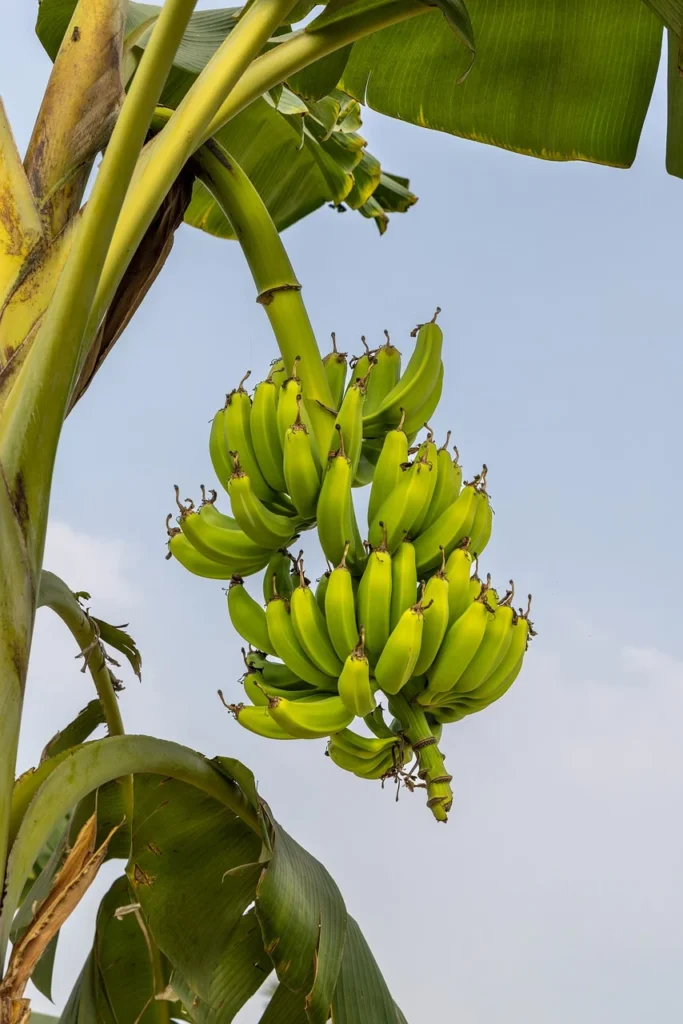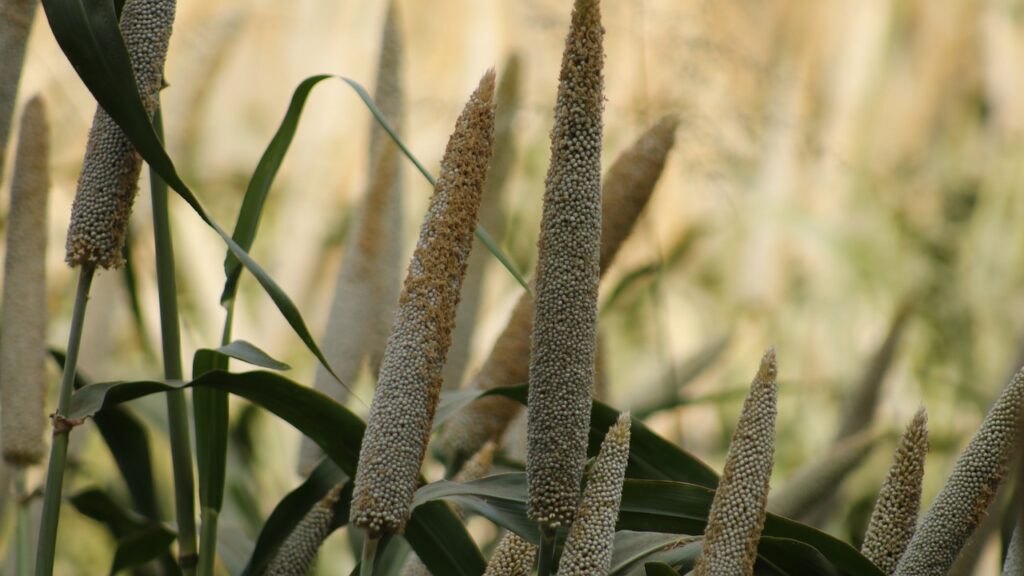ABOUT FARMUKART
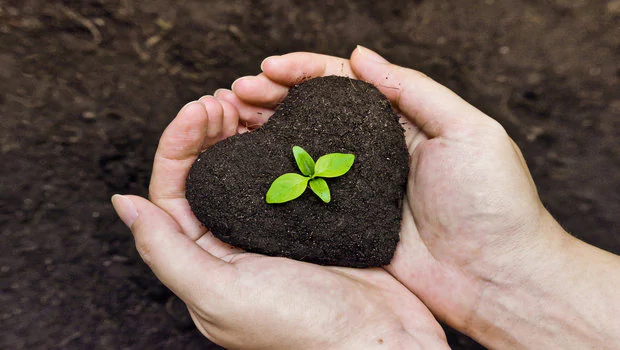
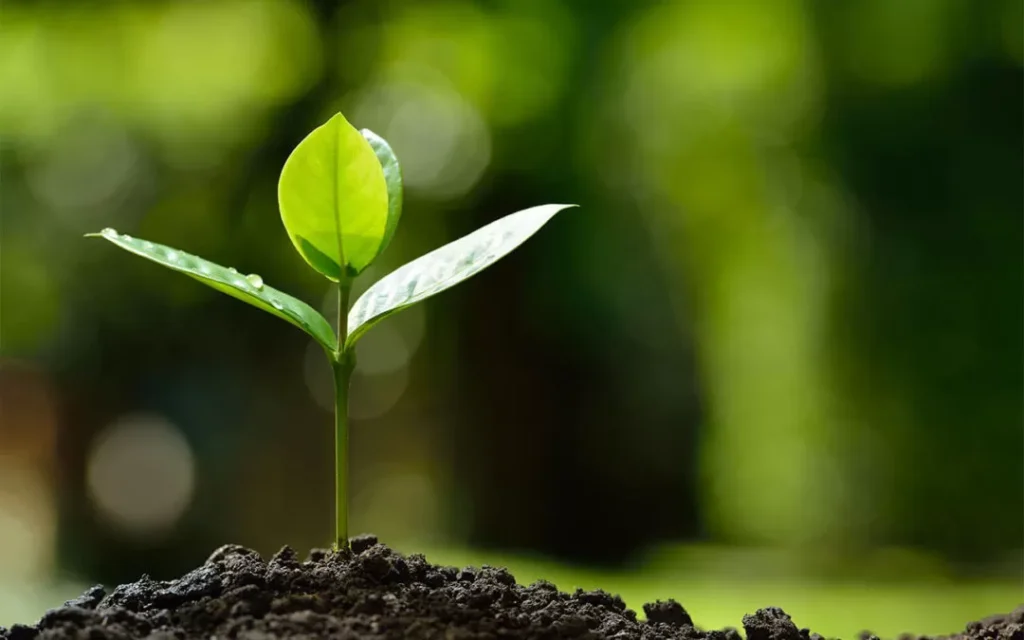
Farming, a dance with nature’s rhythm, evokes sweat-soaked toil, bittersweet patience, and abundant hope, sculpting life from the earth’s embrace.
As the visionary founder of FarmUKart, you’ve sown the seeds of agricultural revolution. Your brainchild is a testament to innovation,
seamlessly merging technology and farming. FarmUKart redefines convenience for farmers, bridging the gap between their toil and market access.
Through an intuitive online platform, it empowers farmers to showcase their harvests, connecting them directly with consumers.
This transformative bridge shortens supply chains, ensuring fair returns for farmers and fresh produce for buyers. Your leadership cultivates sustainability, community, and prosperity.
FarmUKart stands not only as a business venture but as a beacon of positive change in the agricultural landscape you’re determined to reshape.

I PROMISE TO MY CUSTUMBERS I GIVE THEM SOLUTIONS OF ALL FARMING RELATED PROBLEMS .
Shivam Yadav
{ FOUNDER & CEO }

The agricultural sector is one of the major contributors to the Gross Domestic Product (GDP) and the national income of the country.
Seeds are the heartbeat of agriculture, holding the potential to transform landscapes and sustenance alike. Their significance lies in their capacity to initiate life cycles, determining crop quality, yield, and resilience. The choice of seeds impacts the entire agricultural ecosystem, from soil health to harvest. Genetic diversity in seeds safeguards against diseases and climatic challenges, ensuring food security.
Seeds encapsulate the heritage of generations, carrying traditional knowledge and adapting to changing conditions. Modern agricultural practices rely on genetically improved seeds that boast traits such as pest resistance, drought tolerance, and enhanced nutrition. These innovations amplify productivity and promote sustainable farming.
Moreover, seeds bear cultural and economic importance, connecting farmers to their heritage and markets. Preserving seed diversity is vital for long-term agricultural stability. In a world of environmental uncertainties, the quality and diversity of seeds are fundamental to nourishing global populations. Thus, seeds are not merely the start of a farming cycle, but the cornerstone of agricultural sustenance, resilience, and progress.
ABOUT WHEAT FARMING
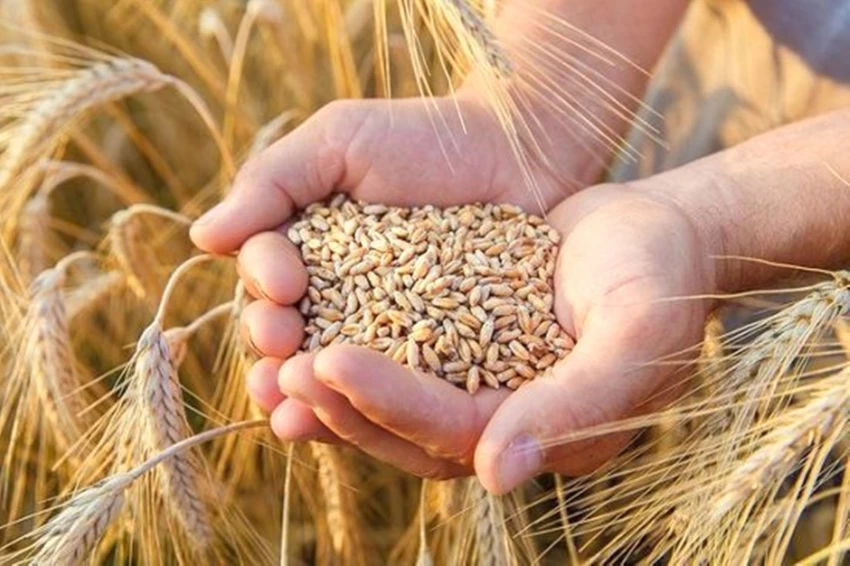
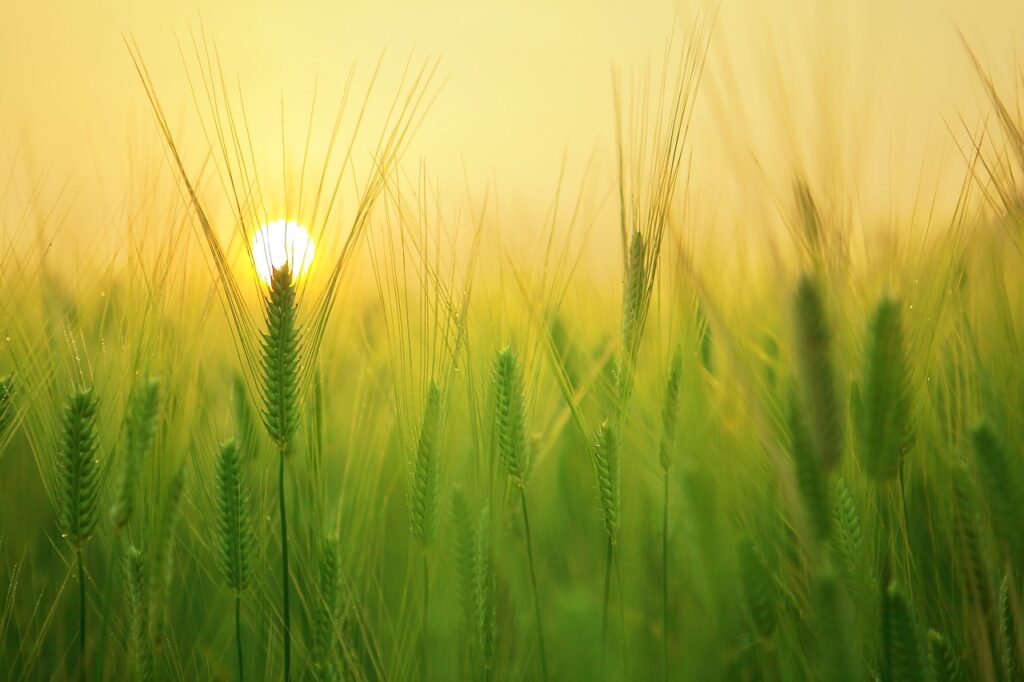
Wheat crop has wide adaptability.It can be grown not only in the tropical and sub-tropical zones, but also in the temperate zone and the cold tracts of the far north ,beyond even the 60 degree north altitude .
Wheat can tolerate severe cold and snow and resume growth with the setting in of warm weather in spring .
ABOUT BAJRA FARMING
Bajra grows very well in dry and warm
climatic regions, and it is a drought
tolerant crop that quite low annual rainfall of 40 cm to 60 cm.
The ideal temperature range for Bajra cultivation is 20°C to 30°C.
During its vegetative growth, moist weather is beneficia
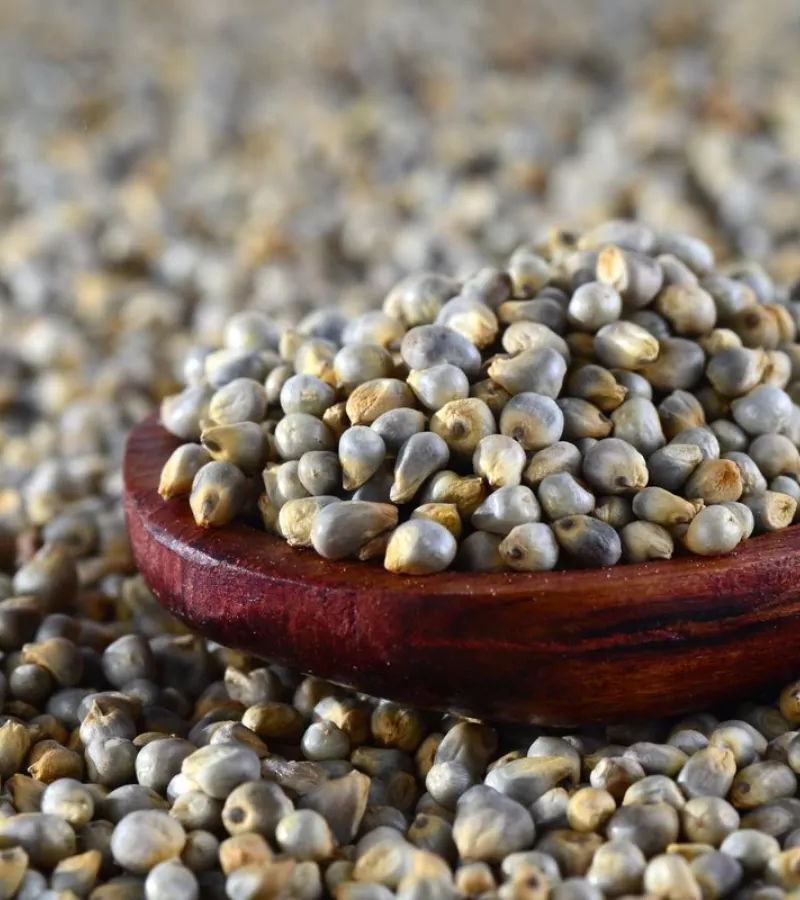
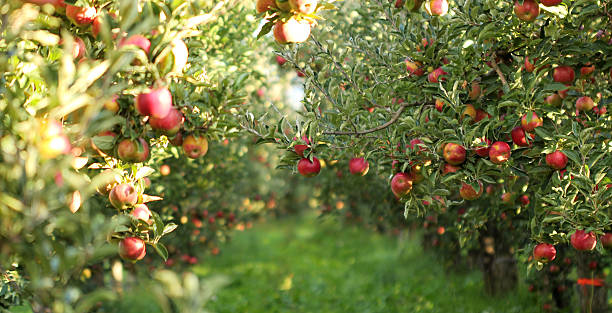
ABOUT APPLE FARMING
Apples grow best on a well-drained, loam soils having a depth of 45 cm and a pH range of pH 5.5-6.5.
The soil should be free from hard substrata and water-logged conditions.
Soils with heavy clay or compact subsoil are to be avoided.
ABOUT BANANA FARMING
Banana planting is carried out on the basis of patta double line method.
In this method, the distance between the two lines is 0.90 to 1.20 m.
while plant to plant distance is 1.2 to 2 m.
Due to this spacing, intercultural operations can be carried out easily and cost of drip irrigation is decreased.
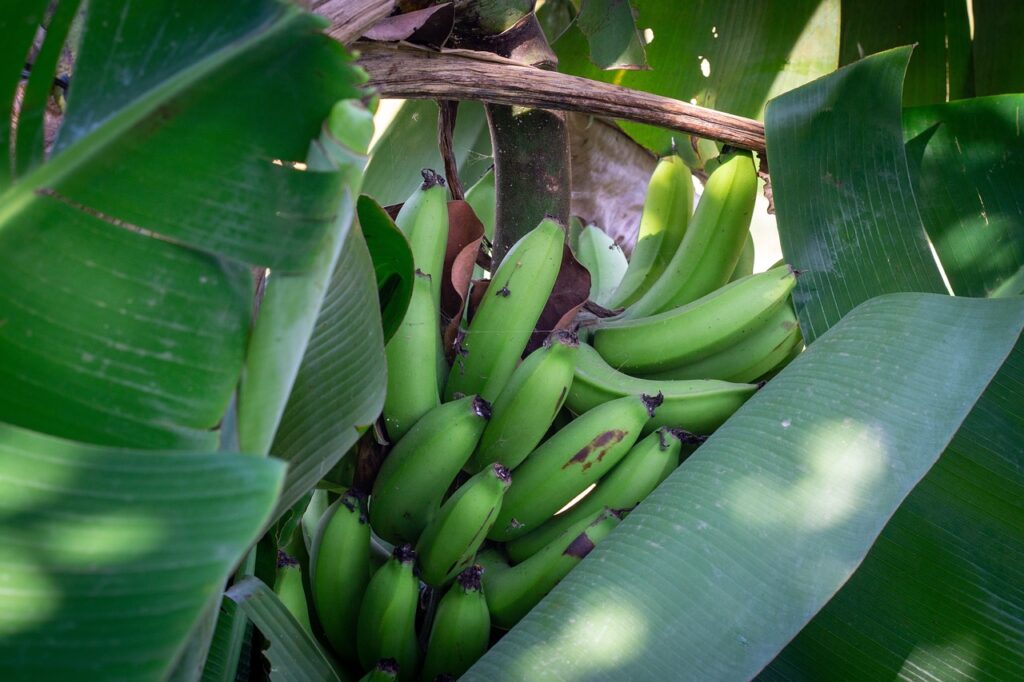
ABOUT LADYFINGER CROP

Okra or Ladies Finger is an annual plant belongs to the family Malvaceae. The place of origin is Ethiopia, it is mainly grown in tropical and sub-tropical regions. The major growing states in India are Uttar Pradesh, Bihar, West Bengal and Orissa. Okra is mainly grown for its green tender nutritive fruits.
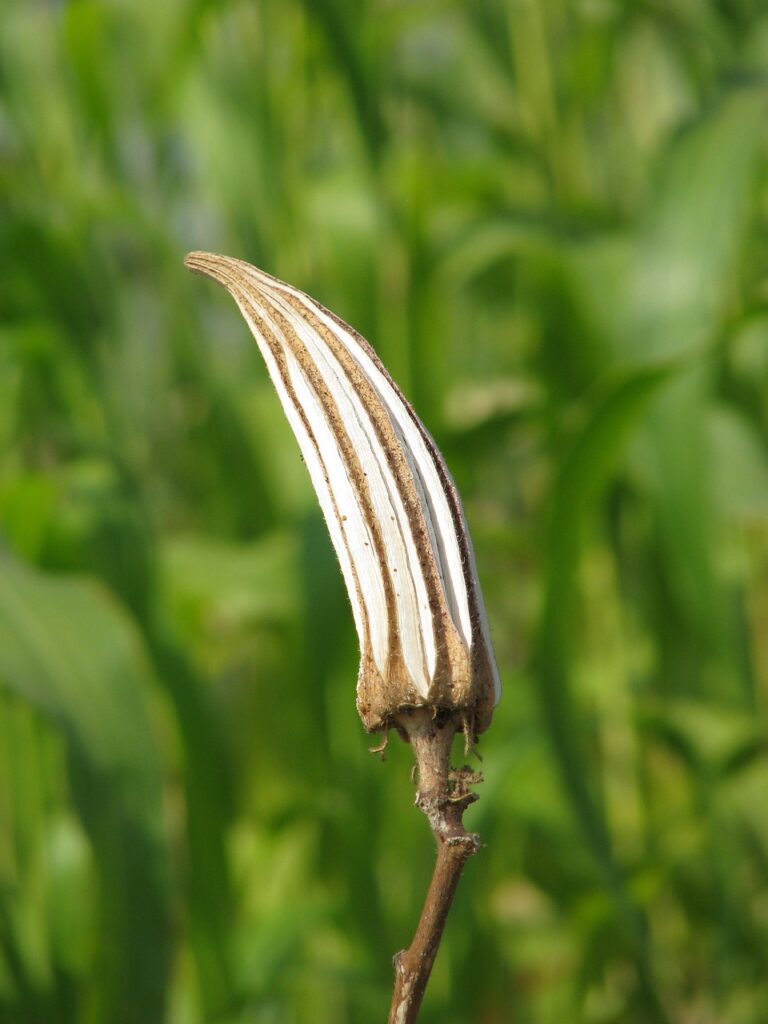
ABOUT CHILI FARMING
Chilli is grown in many types of soils-sandy to heavy clay.
A well-drained, fairly light fertile loam with a fair moisture holding capacity is ideal.
The light soils produce better quality fruits than heavy soils. Chilli crop prefers a soil reaction ranging from pH 6–7.
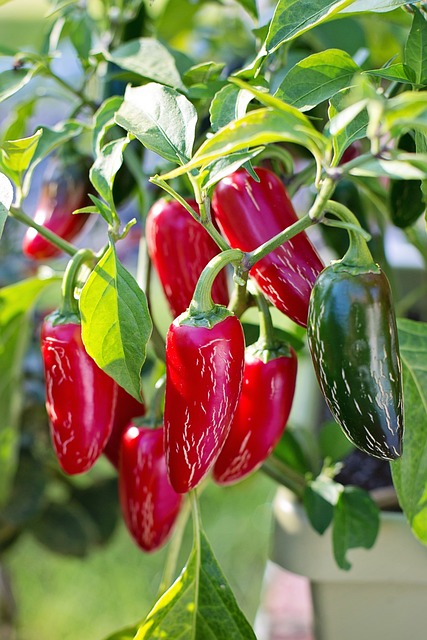
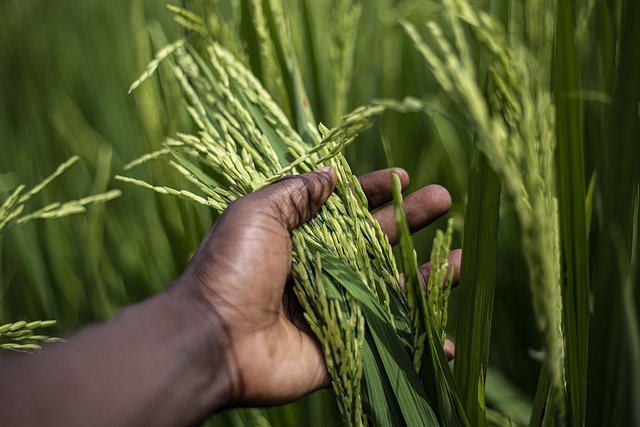
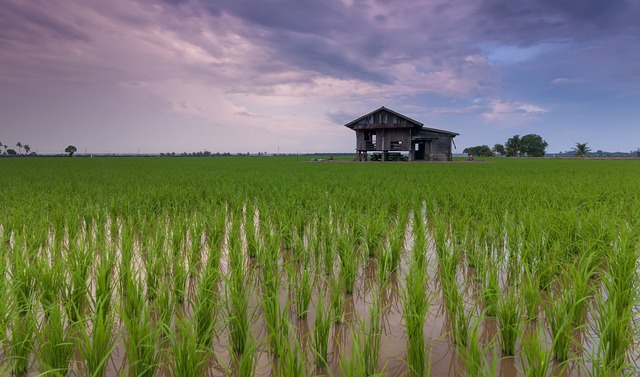
ABOUT RICE FARMING
Rice is the basic food crop and being a tropical plant, it flourishes comfortably in a hot and humid climate.
Rice is mainly grown in rain-fed areas that receive heavy annual rainfall. That is why it is fundamentally a kharif crop in India.


